If only there was a vaccine for the watering hole. The pandemic has changed the way we gather and, en route, brought countless great bars down with it. Amid a public health crisis involving a highly contagious and potentially lethal virus, the barstool is a tough place to be.
Some were struggling anyway; others simply could not stay open or lacked the resources to adapt (not that we really wanted them to change). So, we raise a glass to some of the most noteworthy members we have recently lost. Standup bars, just like standup people, deserve a proper goodbye.
Red Door Alehouse, Seattle
(1988-2020)
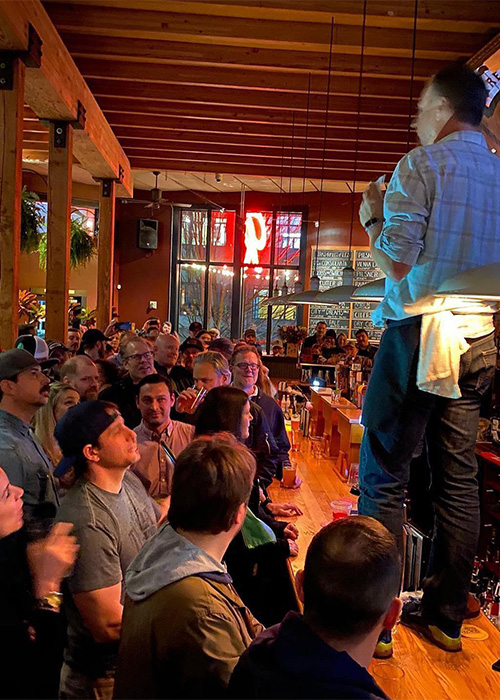
About as old as Nirvana and Soundgarden, Red Door Alehouse began with grunge and evolved into a bar for the ages. The Seattle spot, which occupied the historic former home of the Fremont Drug Company, hocked fish, chips, and ice-cold beer, both before and during craft’s colossal rise to stardom. With lots of natural light, convivial usuals, and a street corner setting, it felt a lot like something you’d find in the U.K.
Don’t Miss A Drop
Get the latest in beer, wine, and cocktail culture sent straight to your inbox.
The Shady Grove, Austin
(1992-2020)
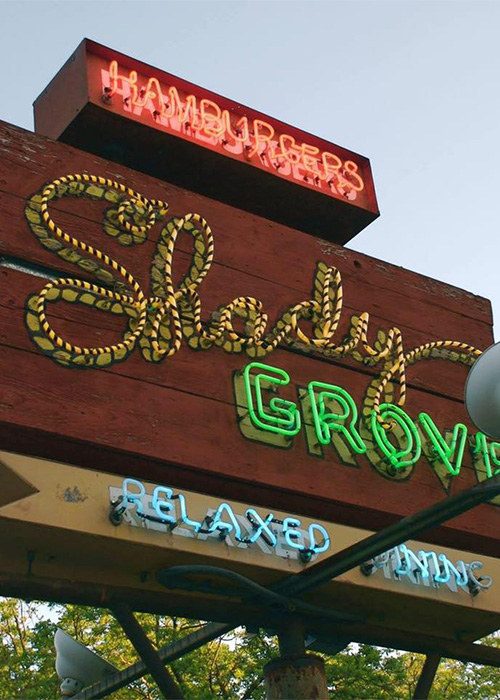
Austin is fortunate to have so many iconic drinking venues. The Shady Grove will still be missed, a convenient pause for Zilker Park-goers in need of some Tex-Mex. From the century-old pecan tree just outside to frequent live music shows, the bar always offered an energy-filled respite from the heat. The place offered its own subtle twists on all the Lone Star staples, from Ranch Water to Margaritas. The best may have been the Ladybird Lemonade, made with lavender bitters, mint, and vodka.
Pegu Club, NYC
(2005-2020)
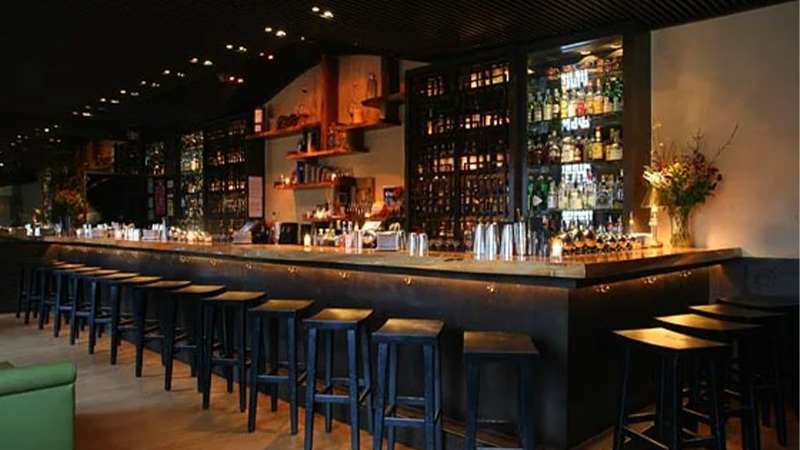
It’s hard to pinpoint the gin renaissance’s exact impetus, but it surely involved this late New York bar. Concocted by mixologist Audrey Saunders, the SoHo cocktail lounge did the inventive things we’ve grown to expect from the best bars in the land (house infusions, fresh juices, reimagined recipes of old). Pegu Club even offered deftly made Tom and Jerrys around the holidays, a testament to the bar’s respect for the staples of old. It closed for good just before it turned 15, but not without helping to spearhead the great modern cocktail renaissance we’re living in today.
Nye’s Polonaise Room, Minneapolis
(1950-)
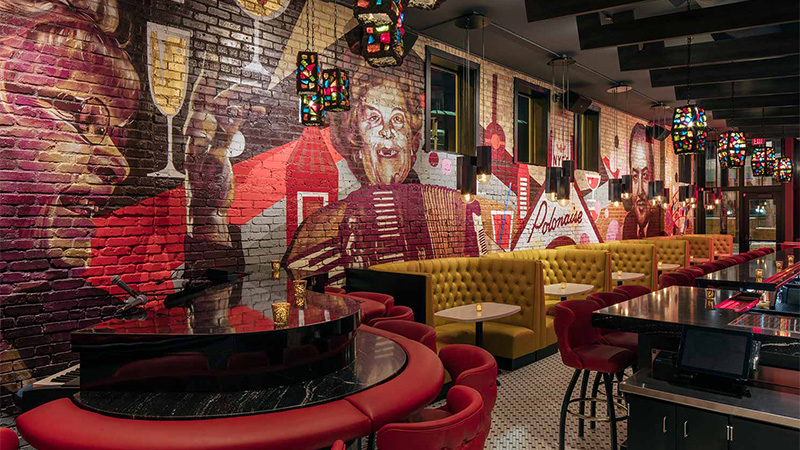
Tears collected in cocktail glasses in 2015, when Nye’s closed its curtains after 65 years. The outrageous establishment, a trifecta of tiki bar, piano lounge, and polka hall, entertained like few places do. The only thing separating imbibers singing karaoke atop actual piano accompaniment and a live polka band was a wall with a swinging door. The Minneapolis institution has come back to life in the same general space but is a fraction of its former size and no longer offers karaoke — a shadow of the glorious original.
The Tripel, Los Angeles
(2011-2020)
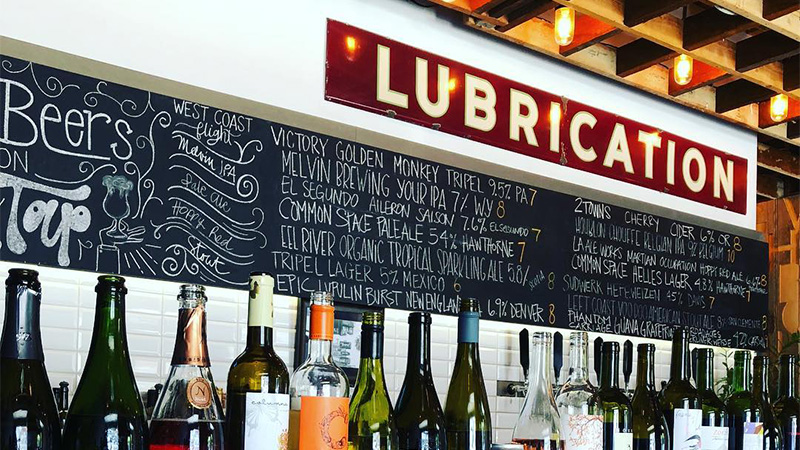
This west Los Angeles beer bar featured celebrated chef Brooke Williamson’s creations (including one of the city’s best burgers), but it was the suds that made it special. The small but reliable tap list always featured a mashup of legendary Belgian pours alongside rare one-off beers and great local work from South Bay brewers. The atmosphere was warm not only because of the inviting layout, but the masterful service from a small staff that clearly didn’t want to be anywhere else.
Southport Lanes, Chicago
(1920-2020)
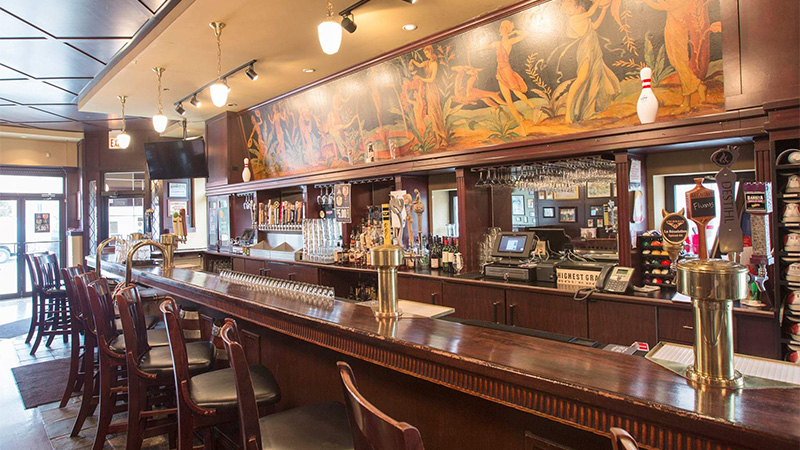
Bowling and bars go hand in hand, especially when they’re historic. This Chicago draw was originally constructed by Schlitz Brewery and began as a brothel prior to Prohibition. In the mid-20th century, it added bowling and billiards and grew to become a classic tavern. Beloved for its cheap lunch, shockingly clean restrooms, and maple-floored bowling lanes (with hand-set pins), it featured some 40 beers to choose from and an impressive Scotch list. The wise old bar uttered its final last call in September 2020 after 99 solid years.
The Stud, San Francisco
(1966-2020)
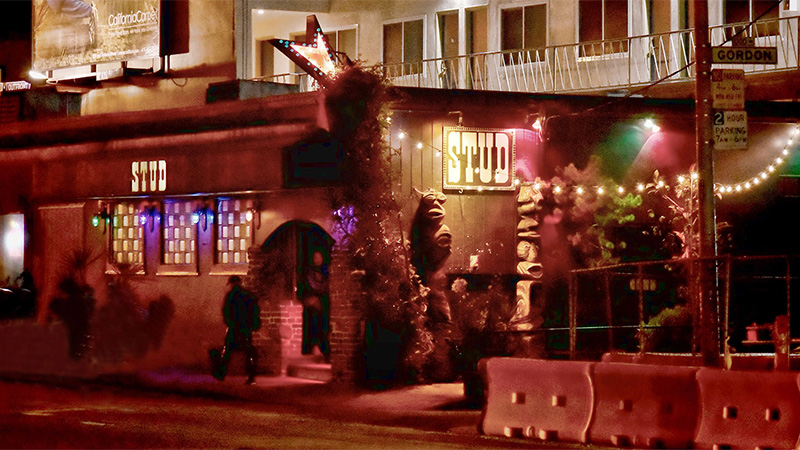
“The nation’s first worker-owned cooperative queer nightclub,” reads the tombstone of this late San Francisco bar. But it was even more than that: The Stud was a cash-only affair with too many themed parties to count and excellent house-made boozy slushees. The Gin Rose Lemonade encapsulated the general glee of the place, a mix of gin, fresh lemon, rose water, and soda. Fittingly, The Stud was laid to rest with a proper drag funeral. Intriguingly, there’s a possibility of reincarnation elsewhere in town.
Cruzroom, Portland, Ore.
(2011-2020)
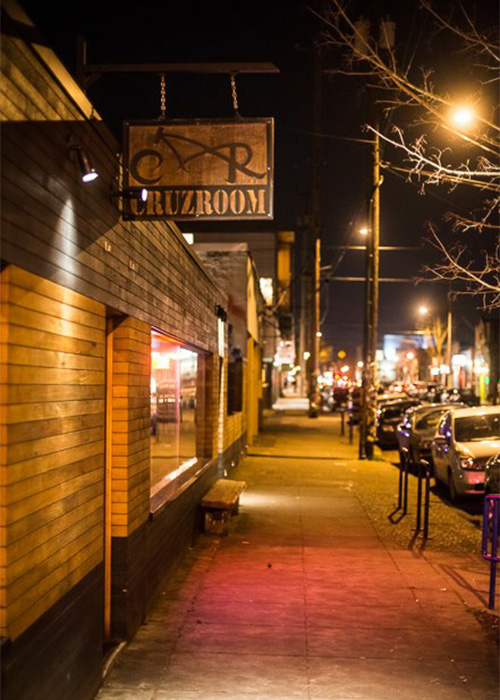
Set in an unassuming spot on Alberta Street in northeast Portland, Cruzroom always over-delivered. In addition to a magical taco menu (dubbed the “taco lab”), the place nailed every rendition of the refreshing cocktail. The infused spirits were clever, utilizing ingredients like roasted pineapple and fig. Meanwhile, the cocktails always did the maximum without being over the top, like the Bangkok (a tidy blend of ginger rum, lime, coconut milk, and habanero syrup). It’s survived by its little cousin, an annex version of the original, in the same location.
Angel’s Share, New York
(1993-2020)
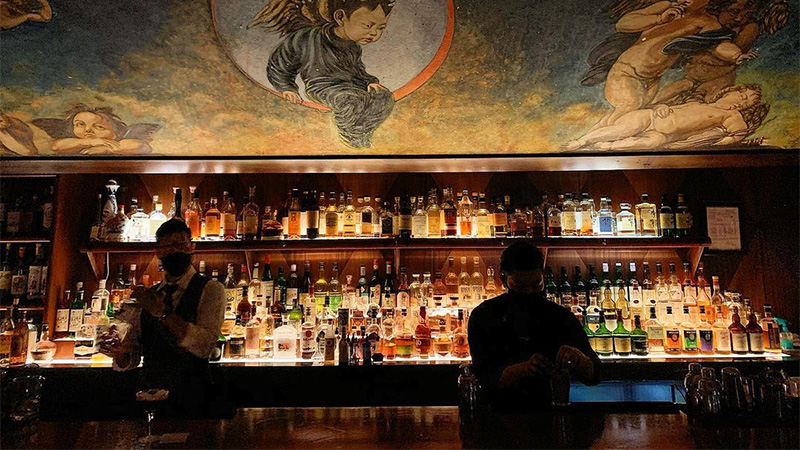
East Village speakeasy Angel’s Share dazzled patrons with its fresco-backed bar and expertly crafted drinks. The Japanese-inspired spot, owned by Tony Yoshida, was intentionally intimate, not allowing groups any larger than four. Some say it had the best Martini in New York; others came for the Banana Old Fashioned or Eastern Gibson. The Shiso Julep was all kinds of special, and the Flirtibird mixed barley shochu with shiso, yuzu juice, and agave nectar (with a plum salt rim to boot). It’s survived by an ongoing pop-up series of the same name (and staff) at Hotel Eventi.


